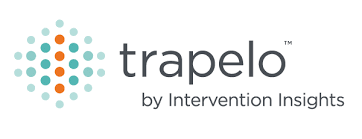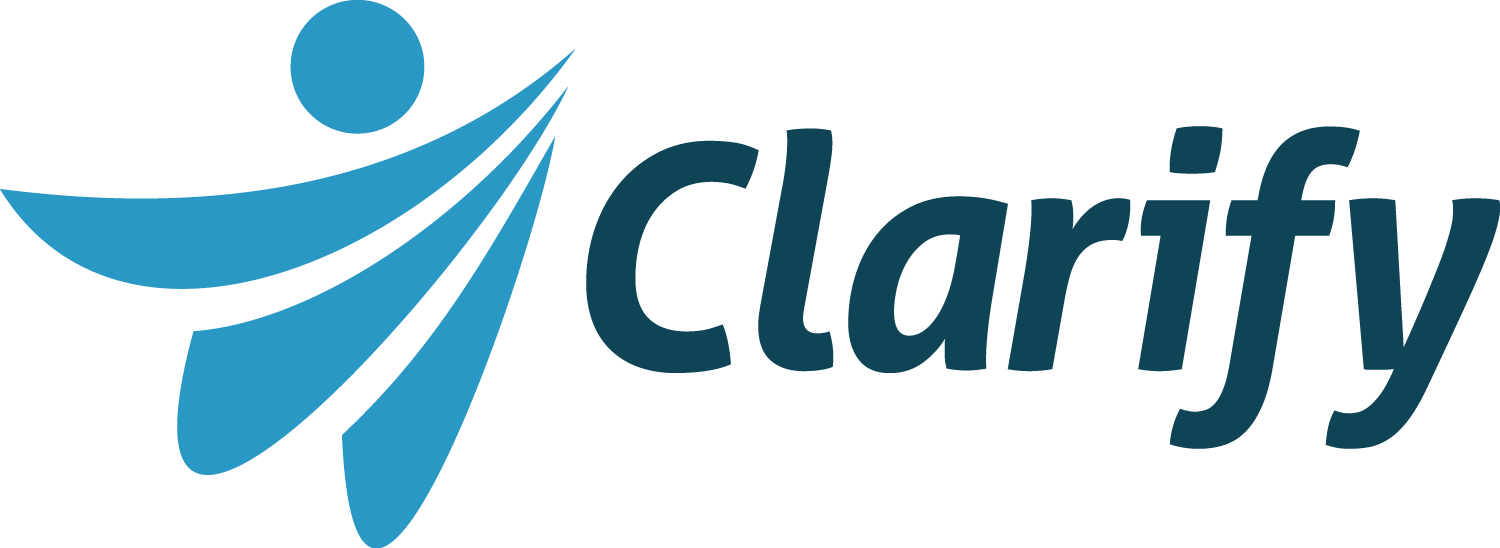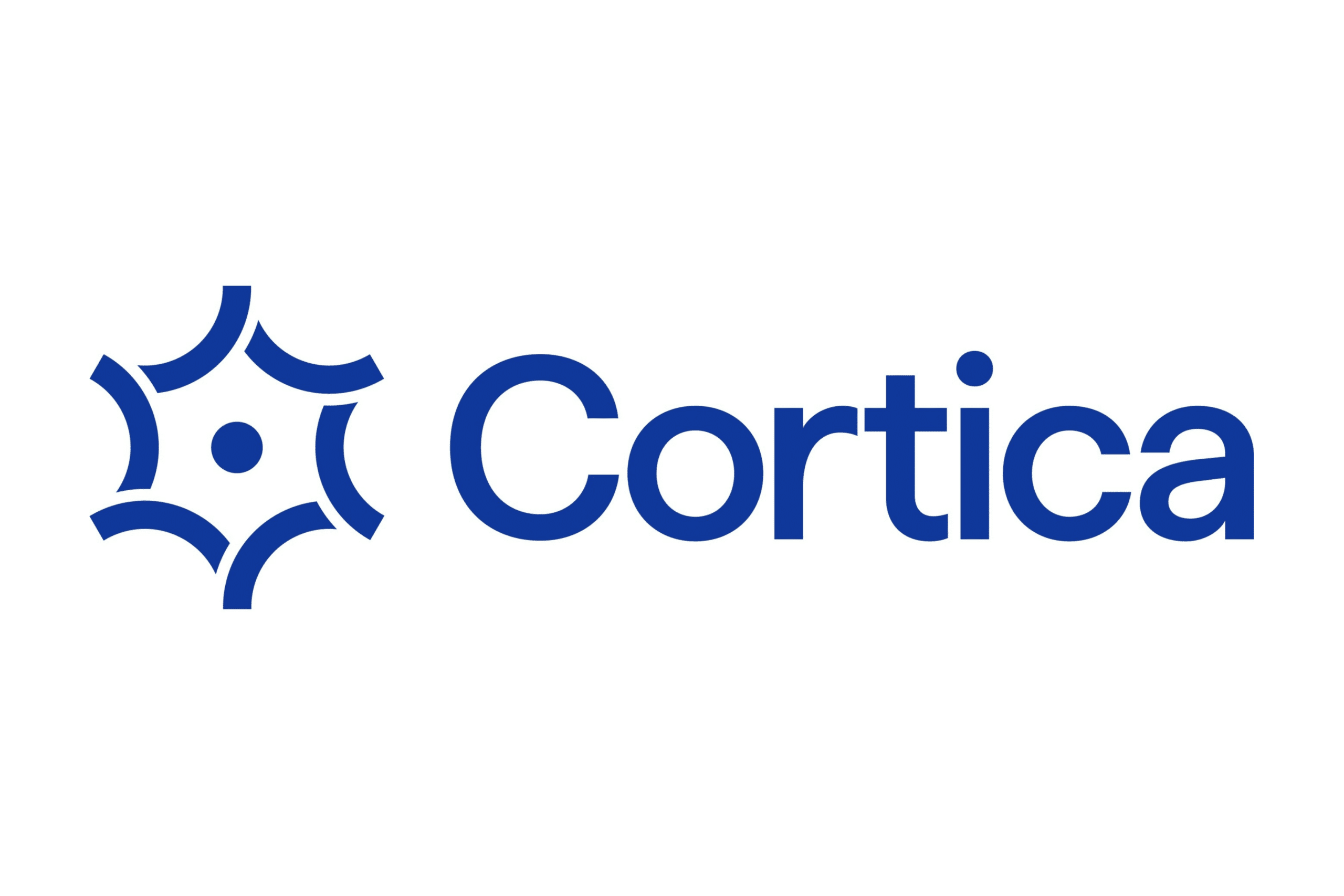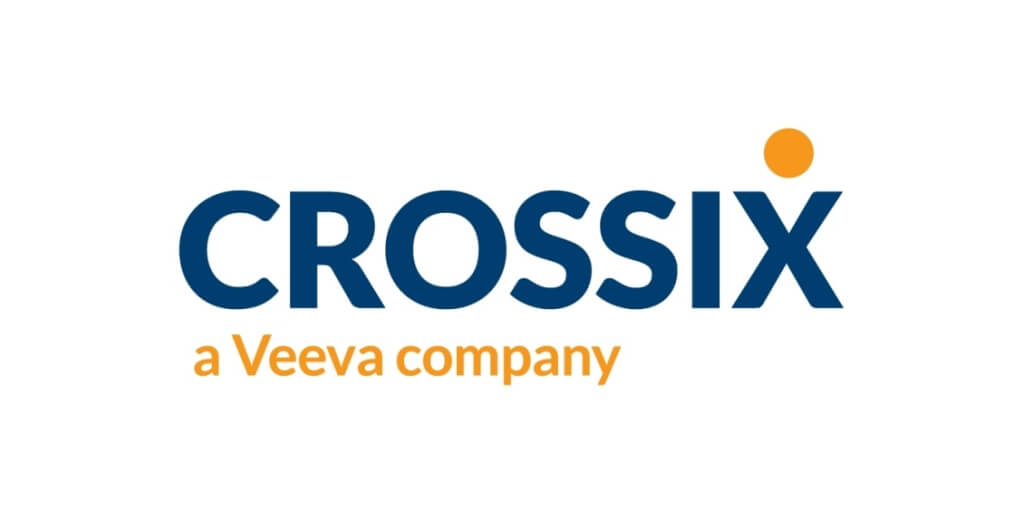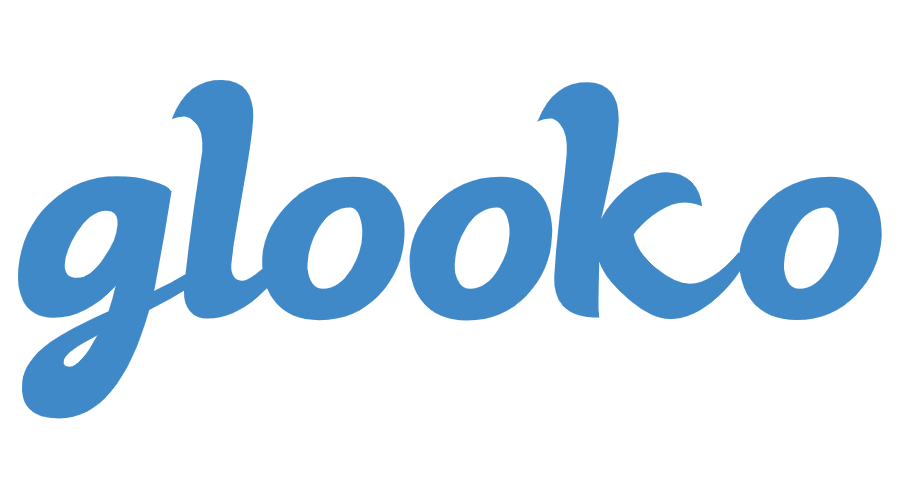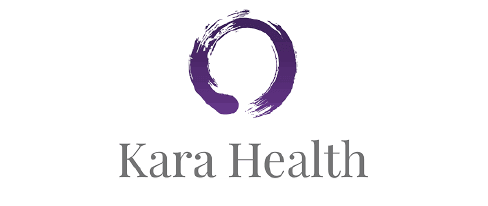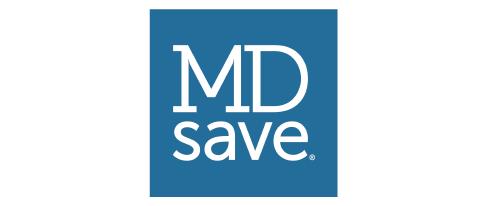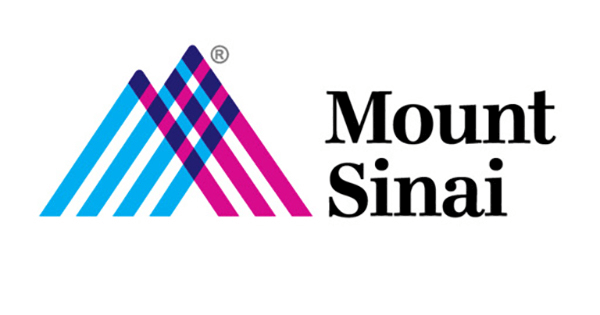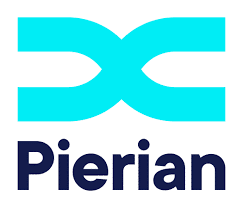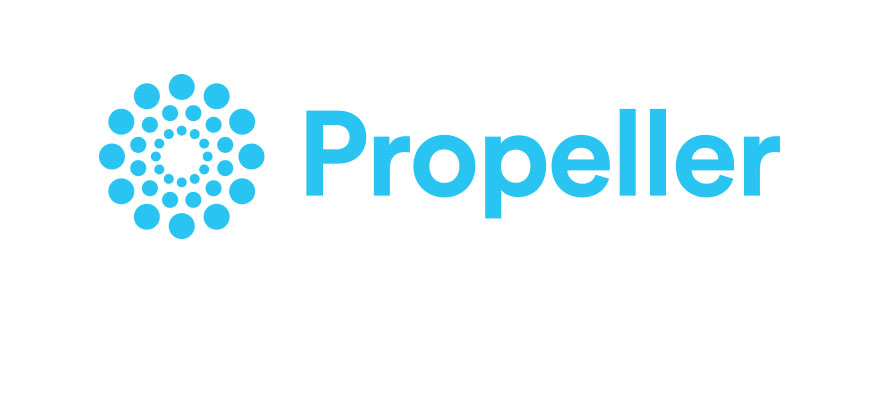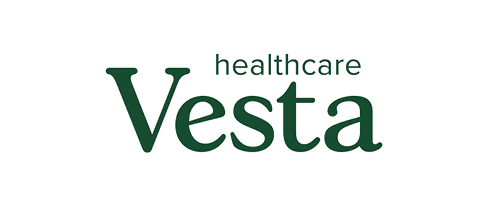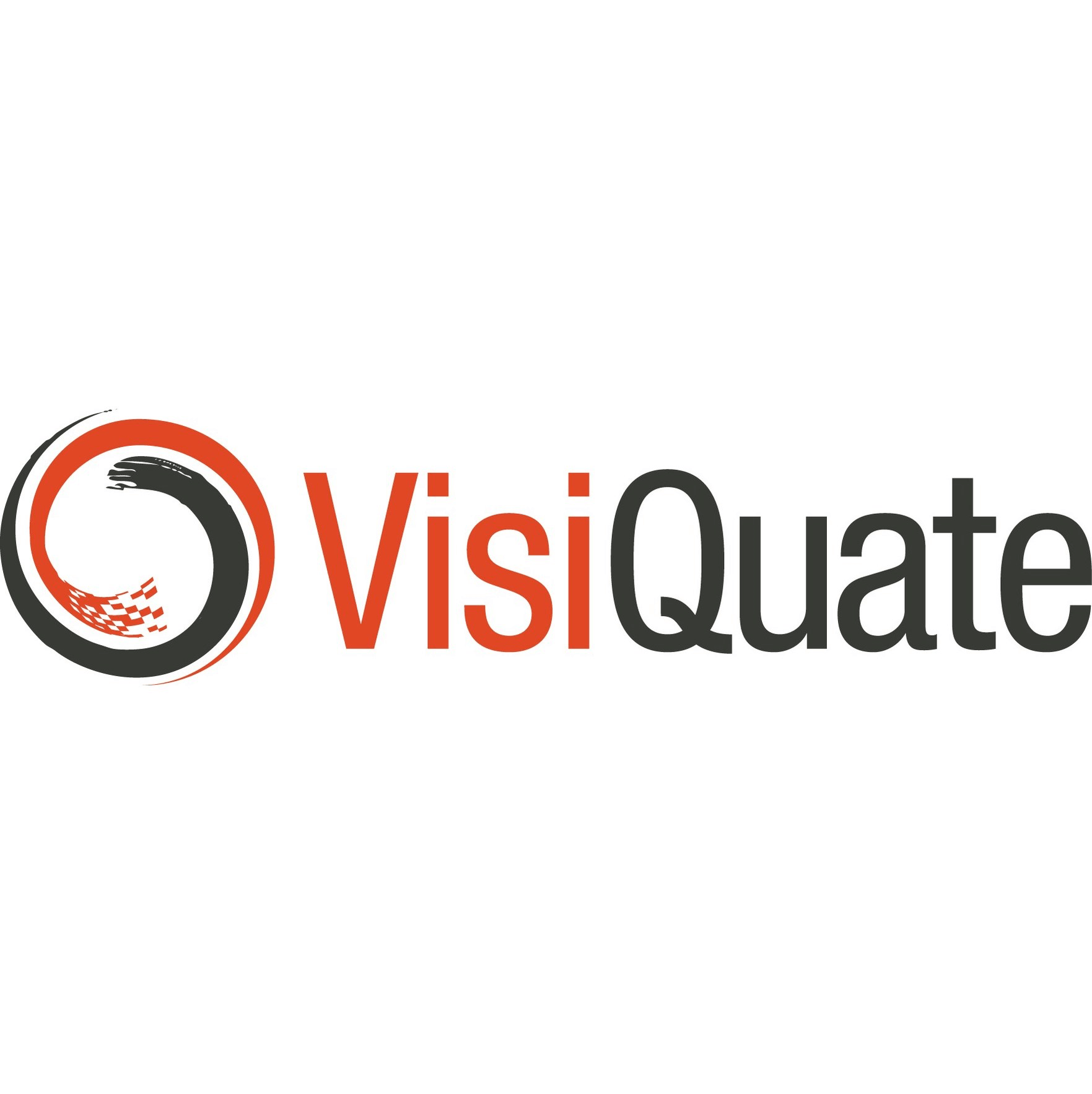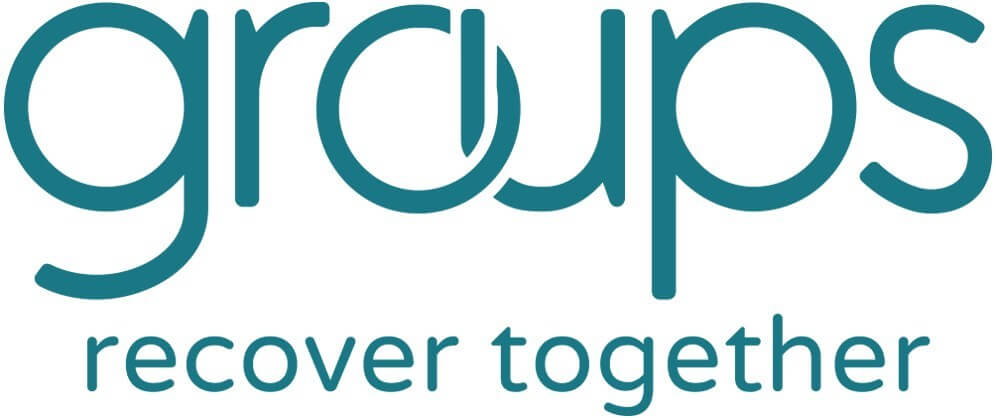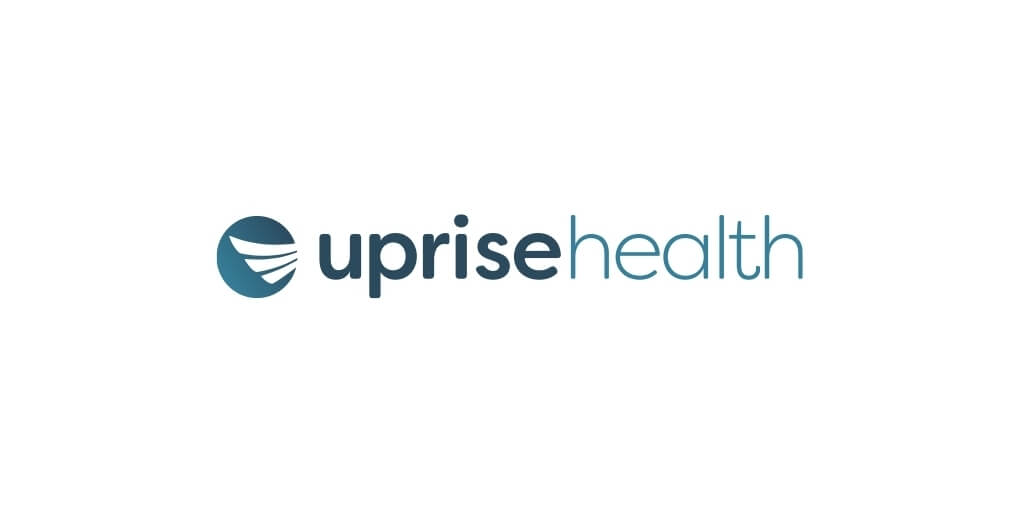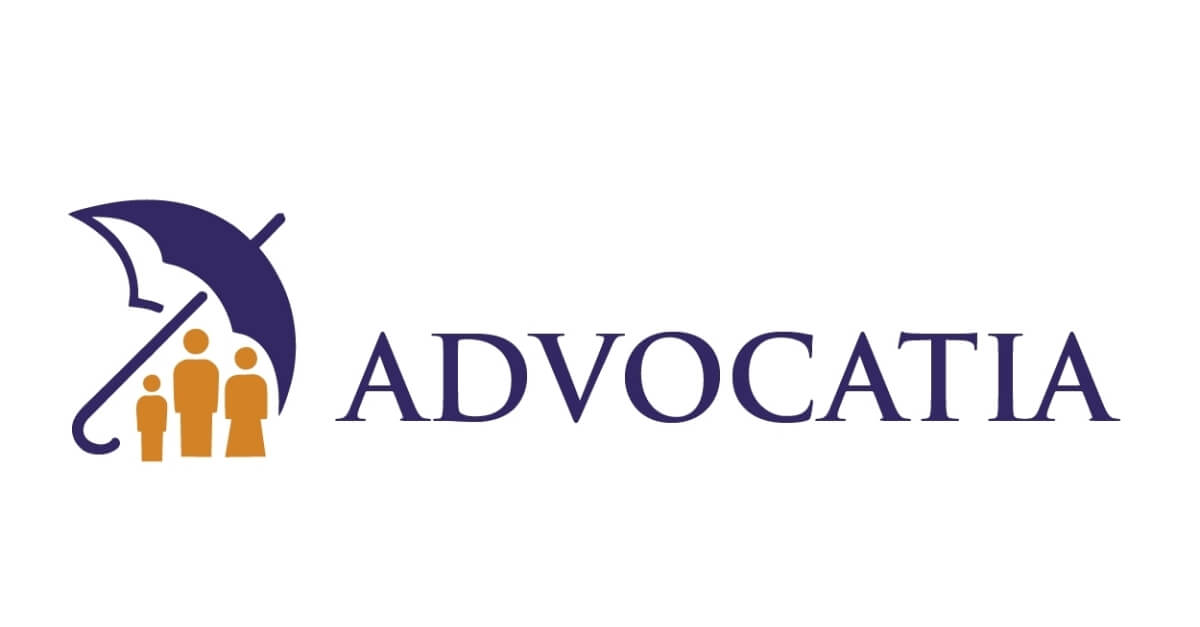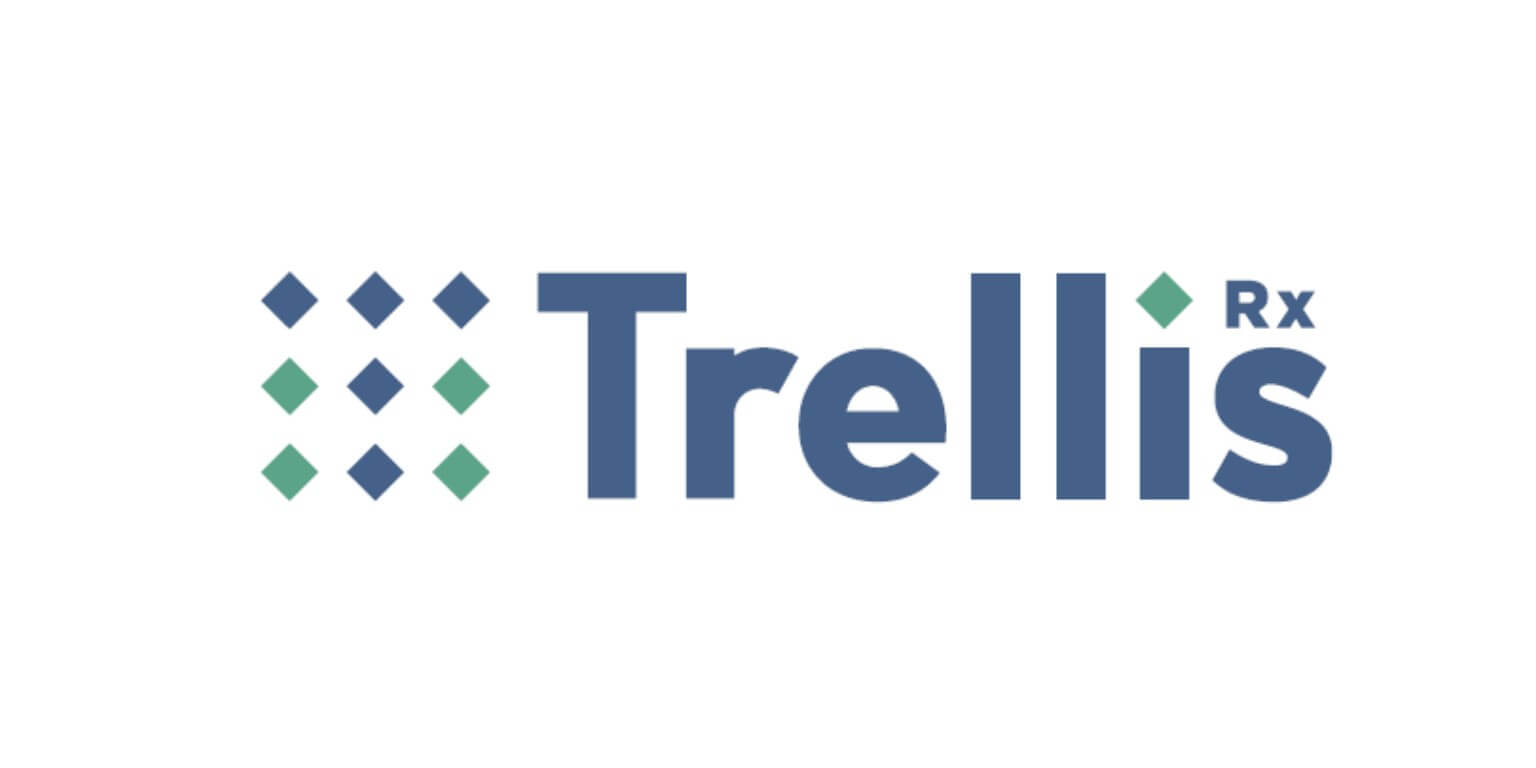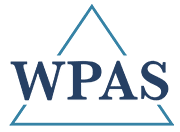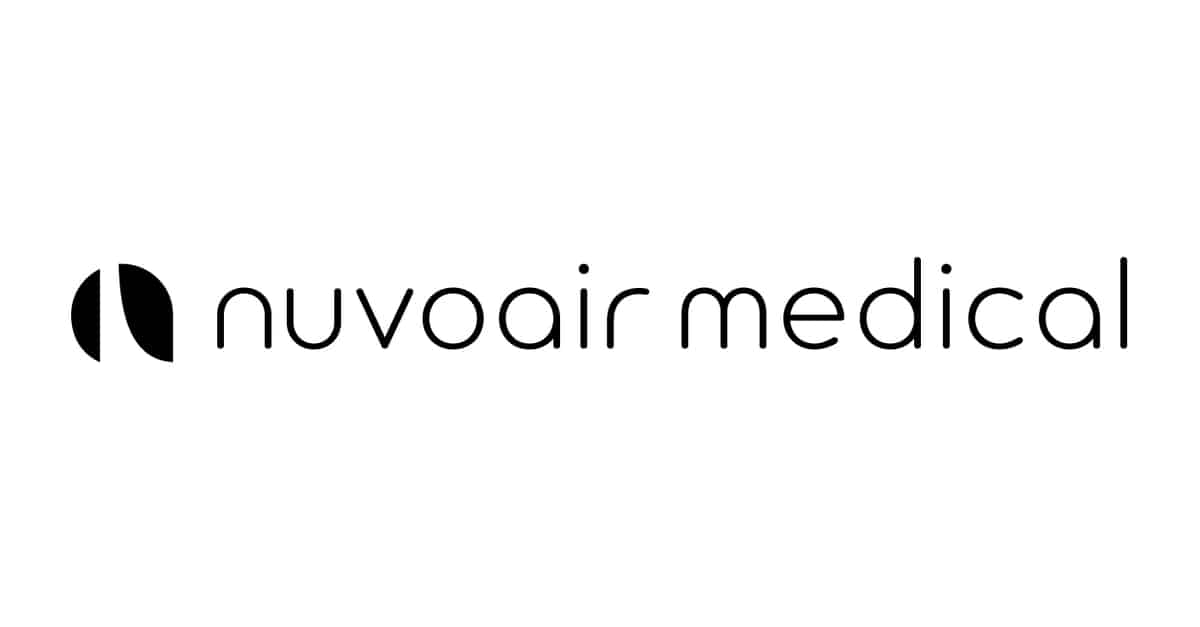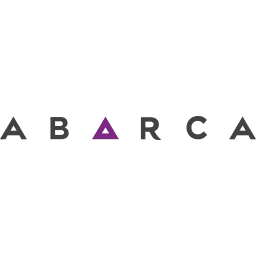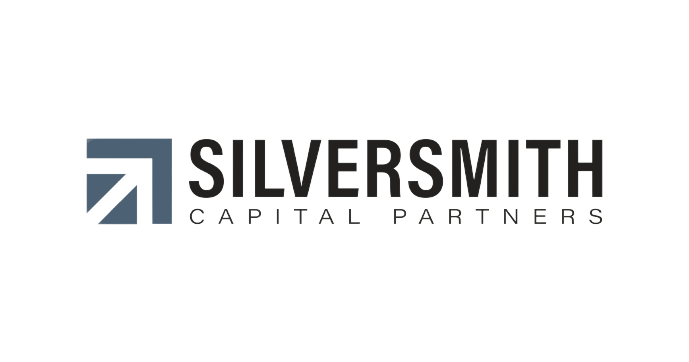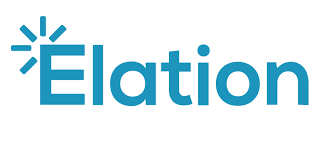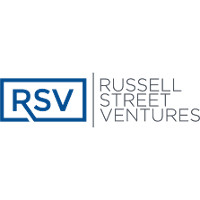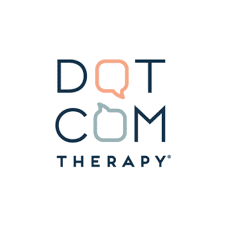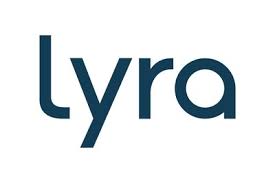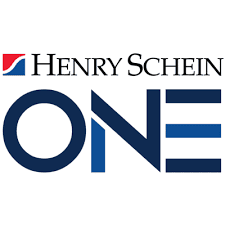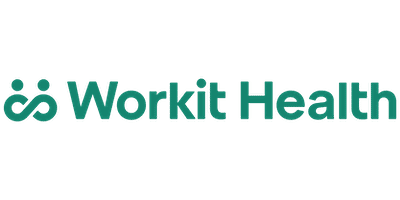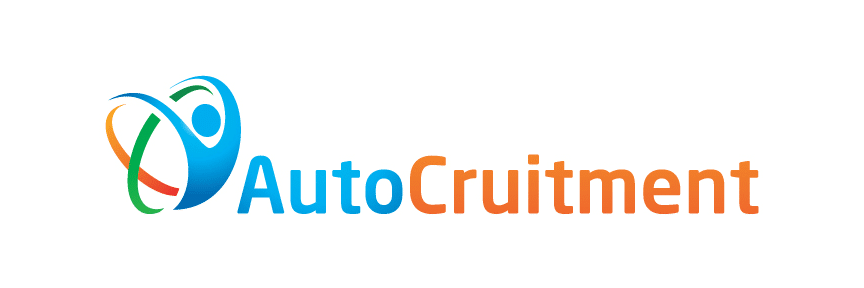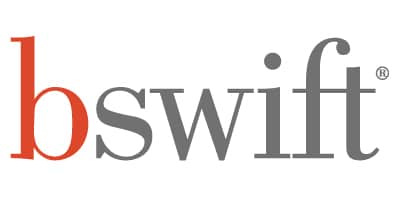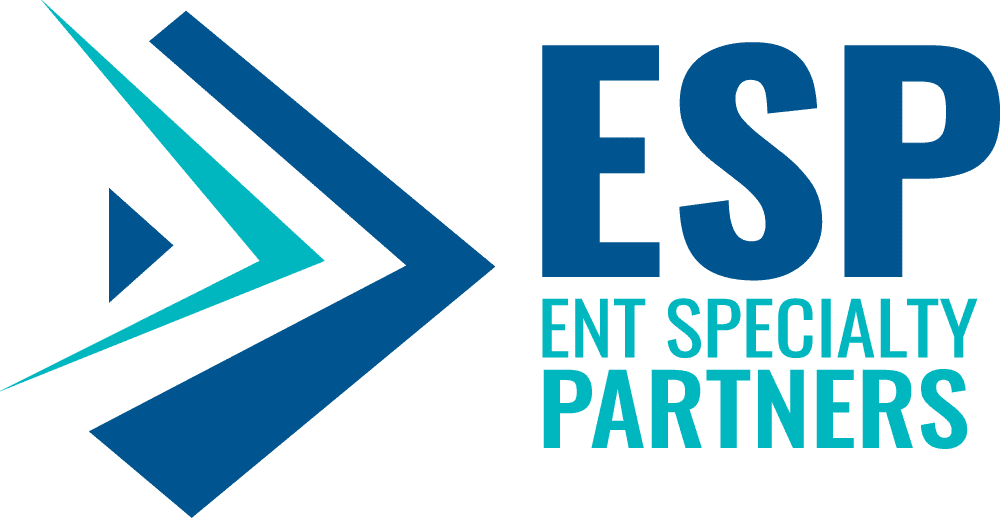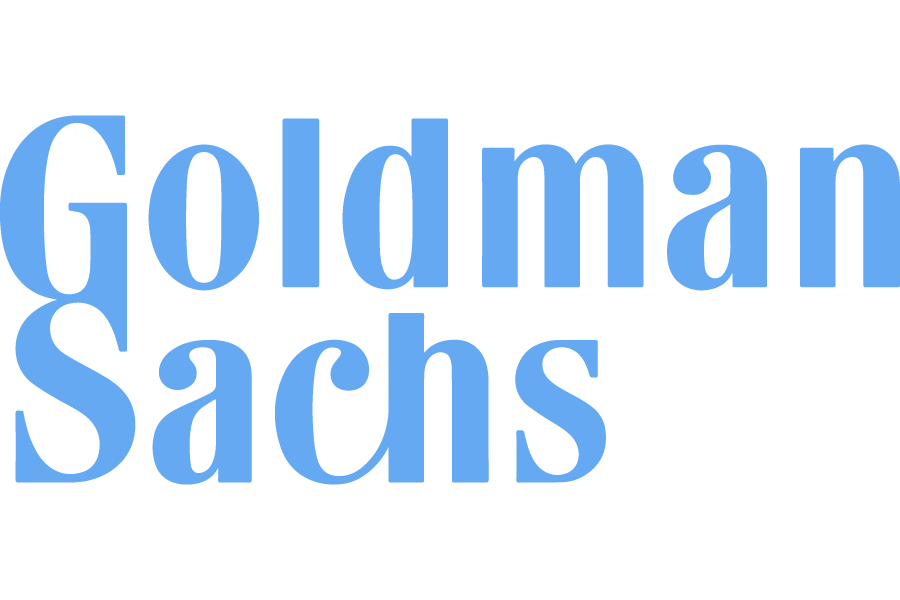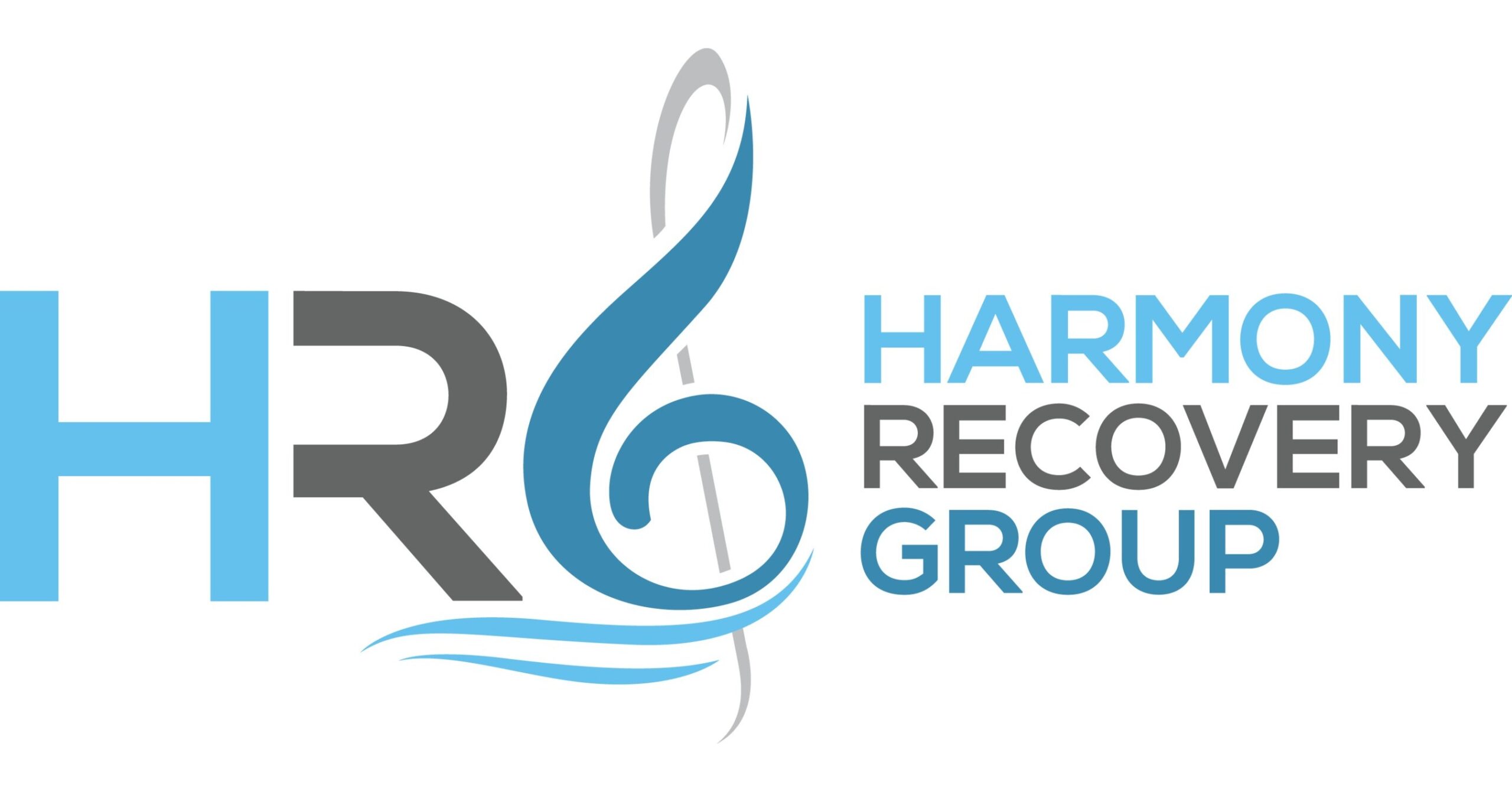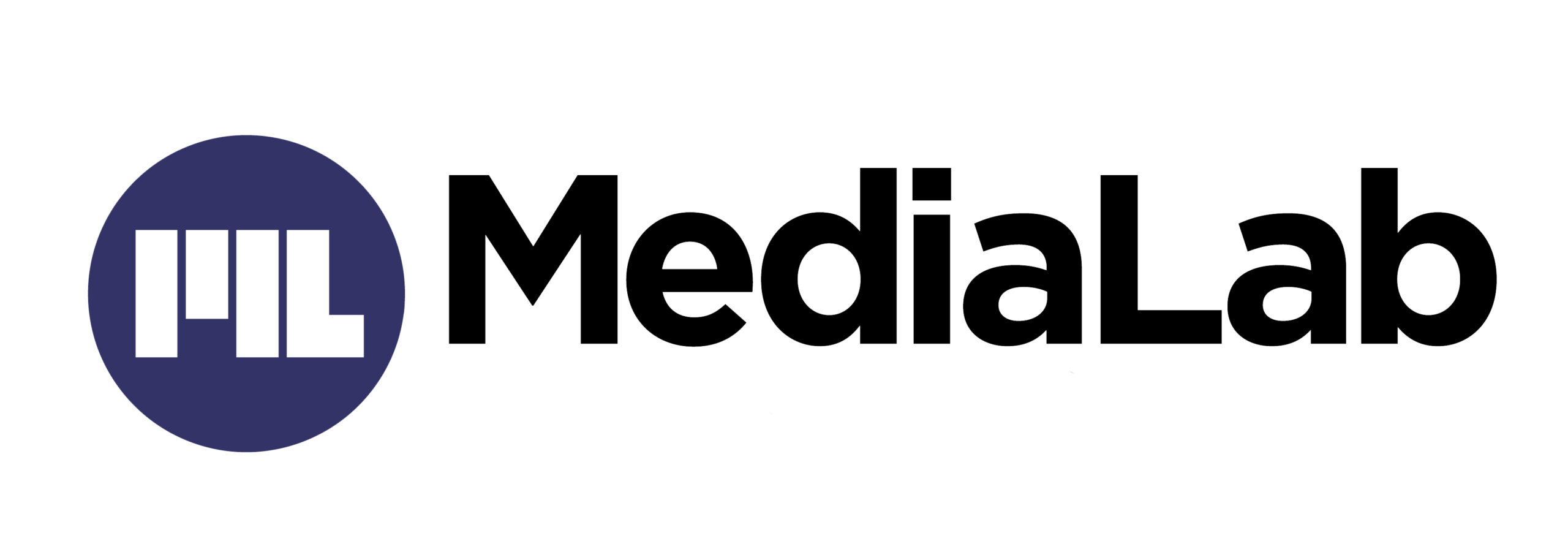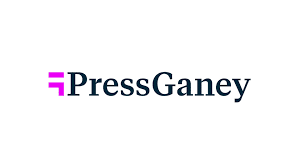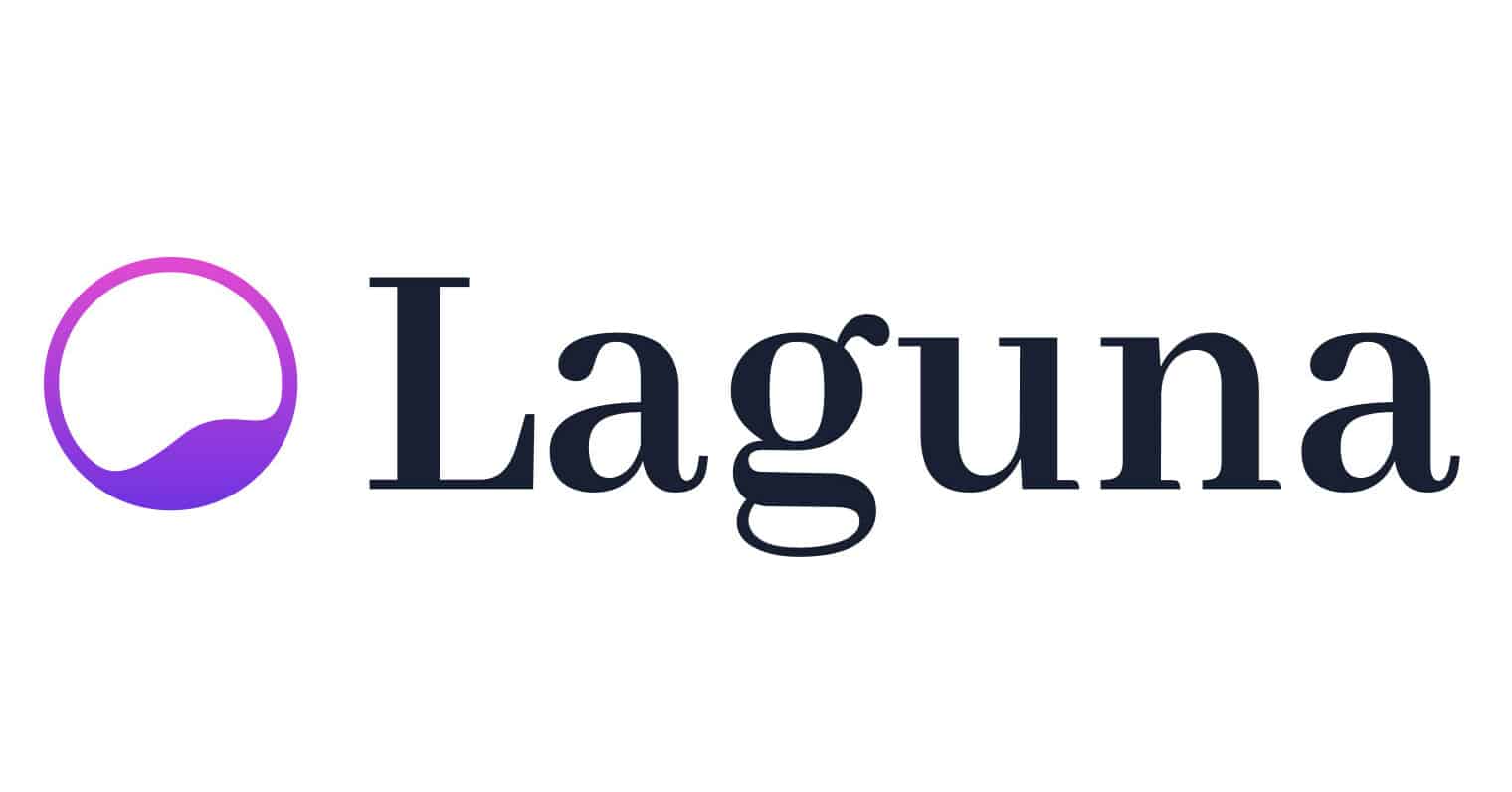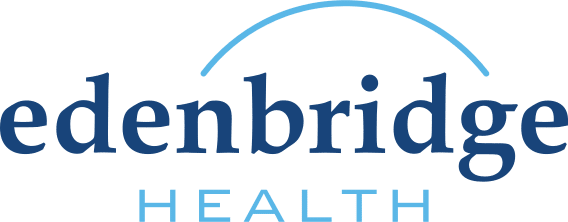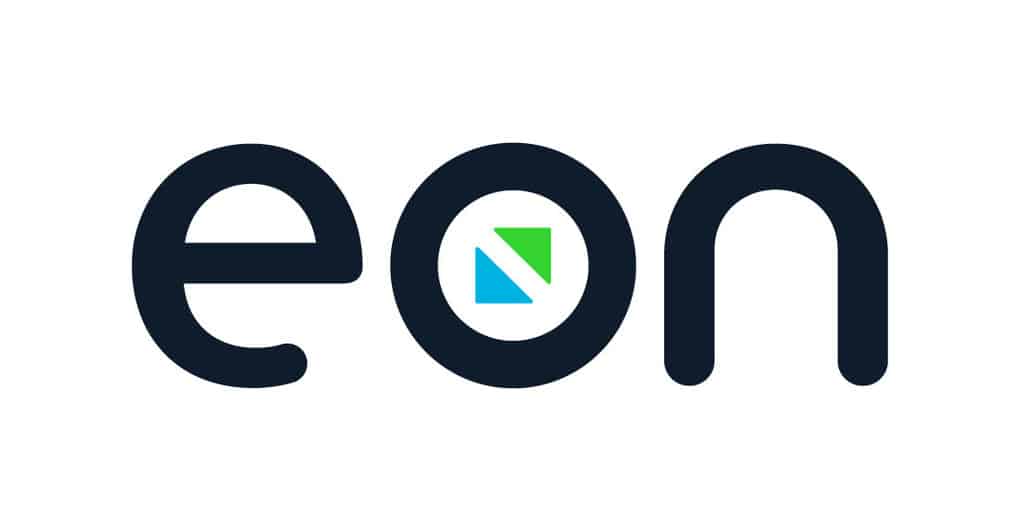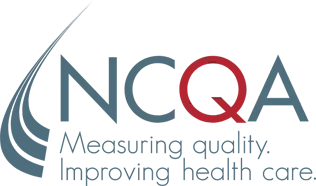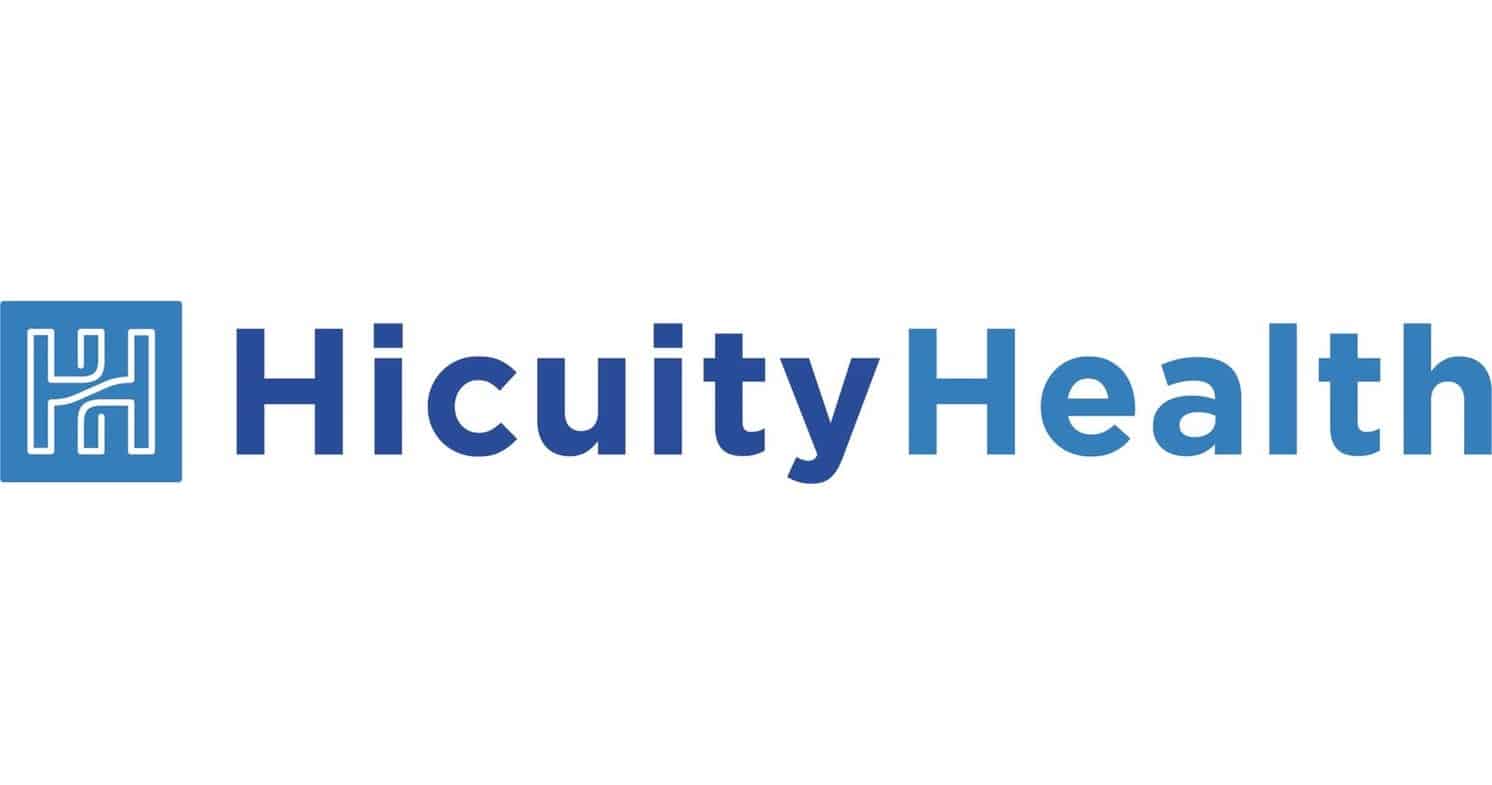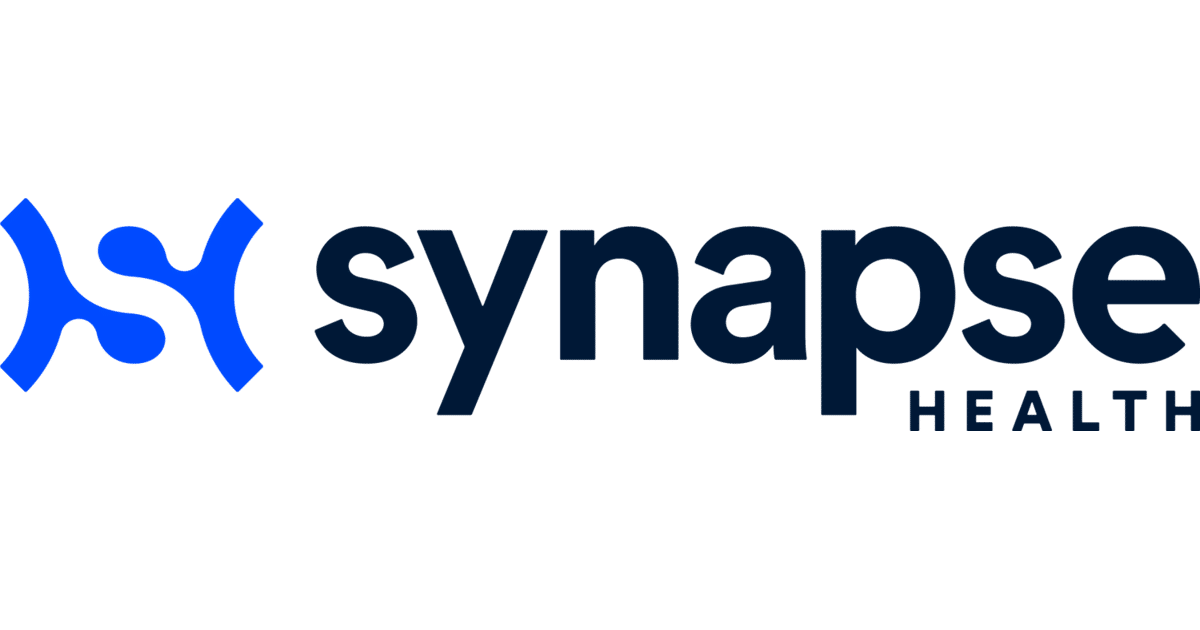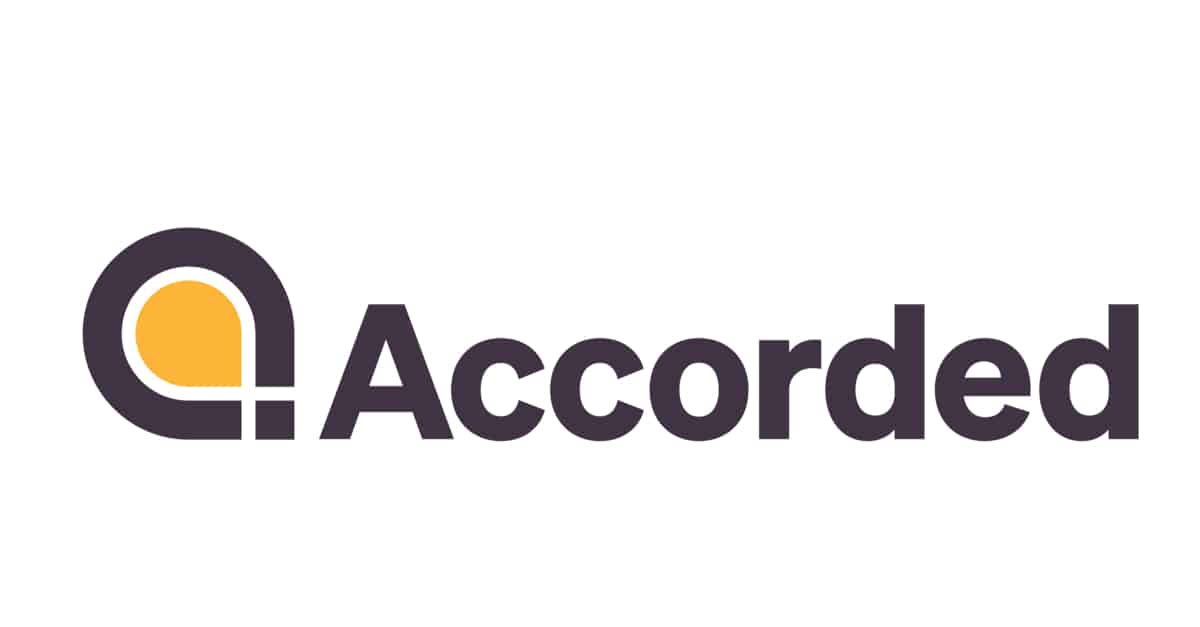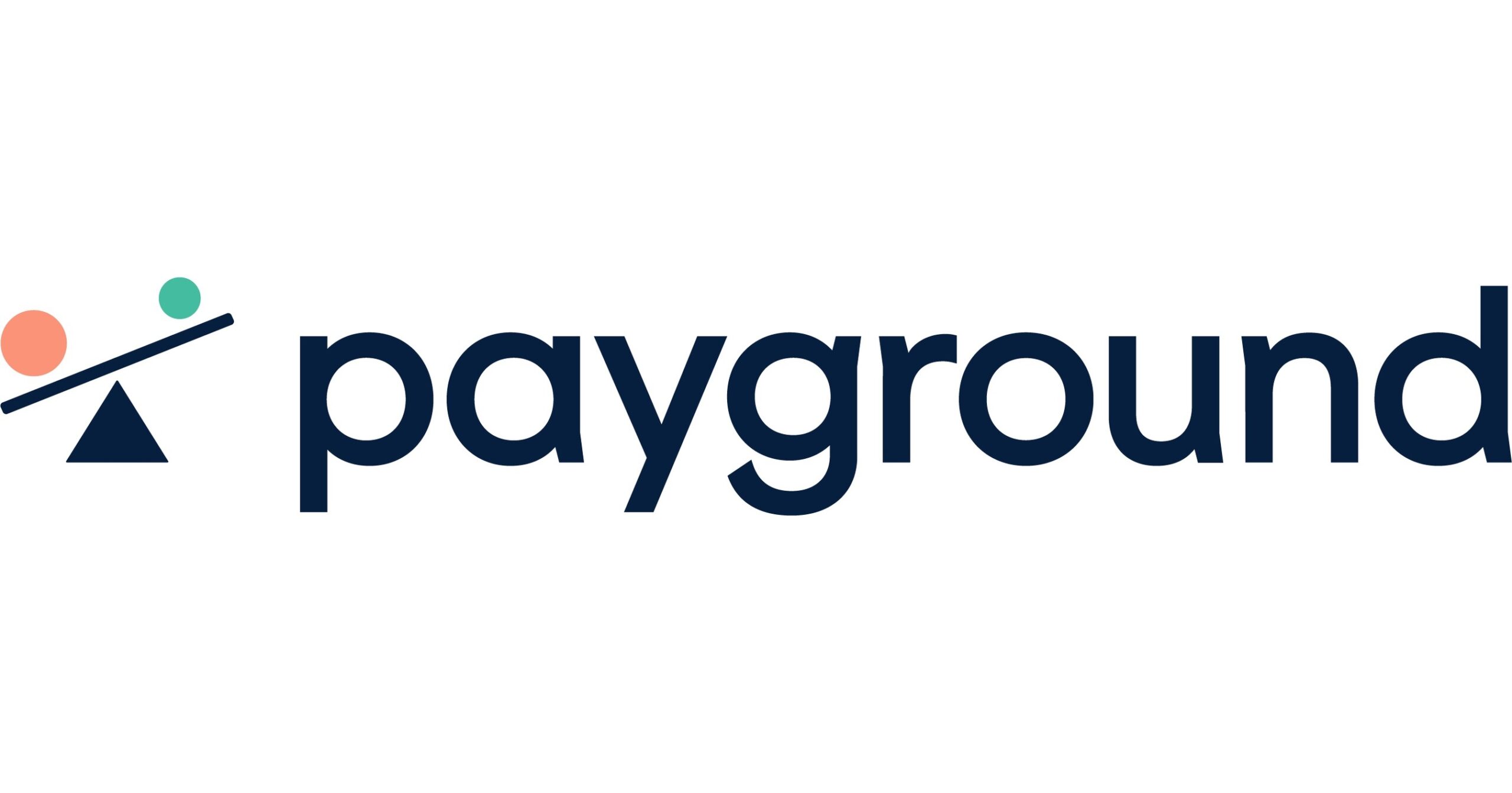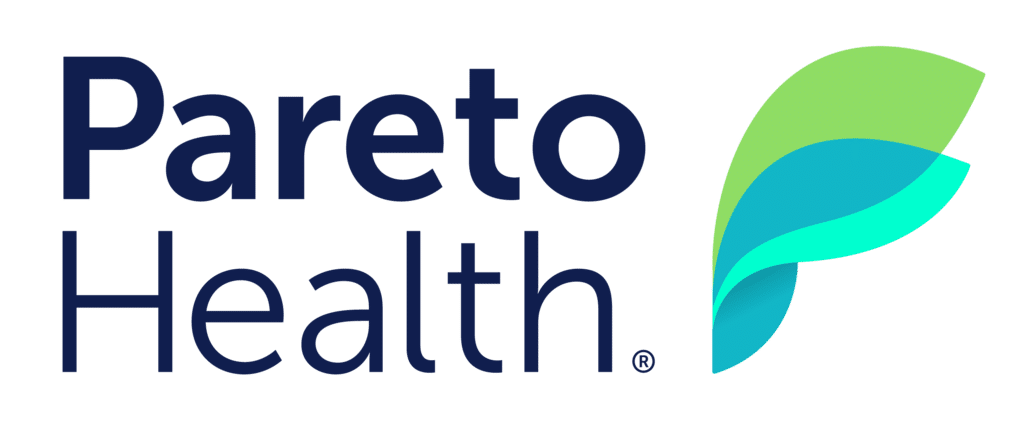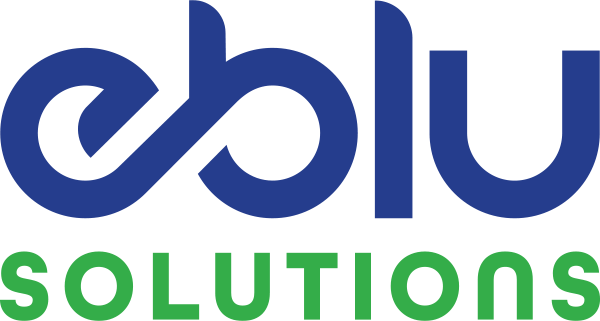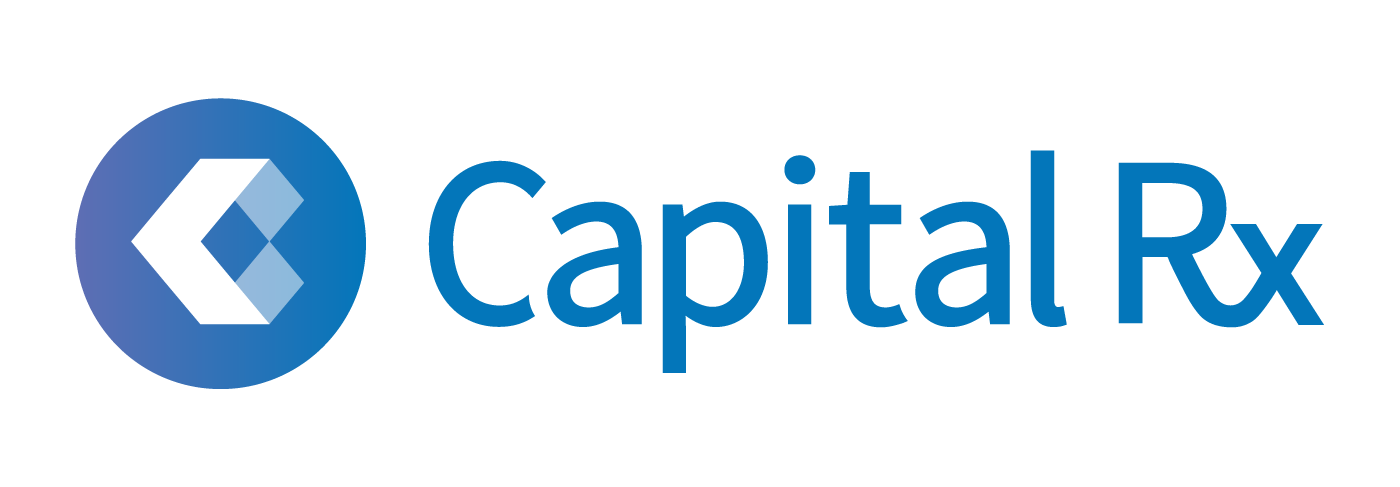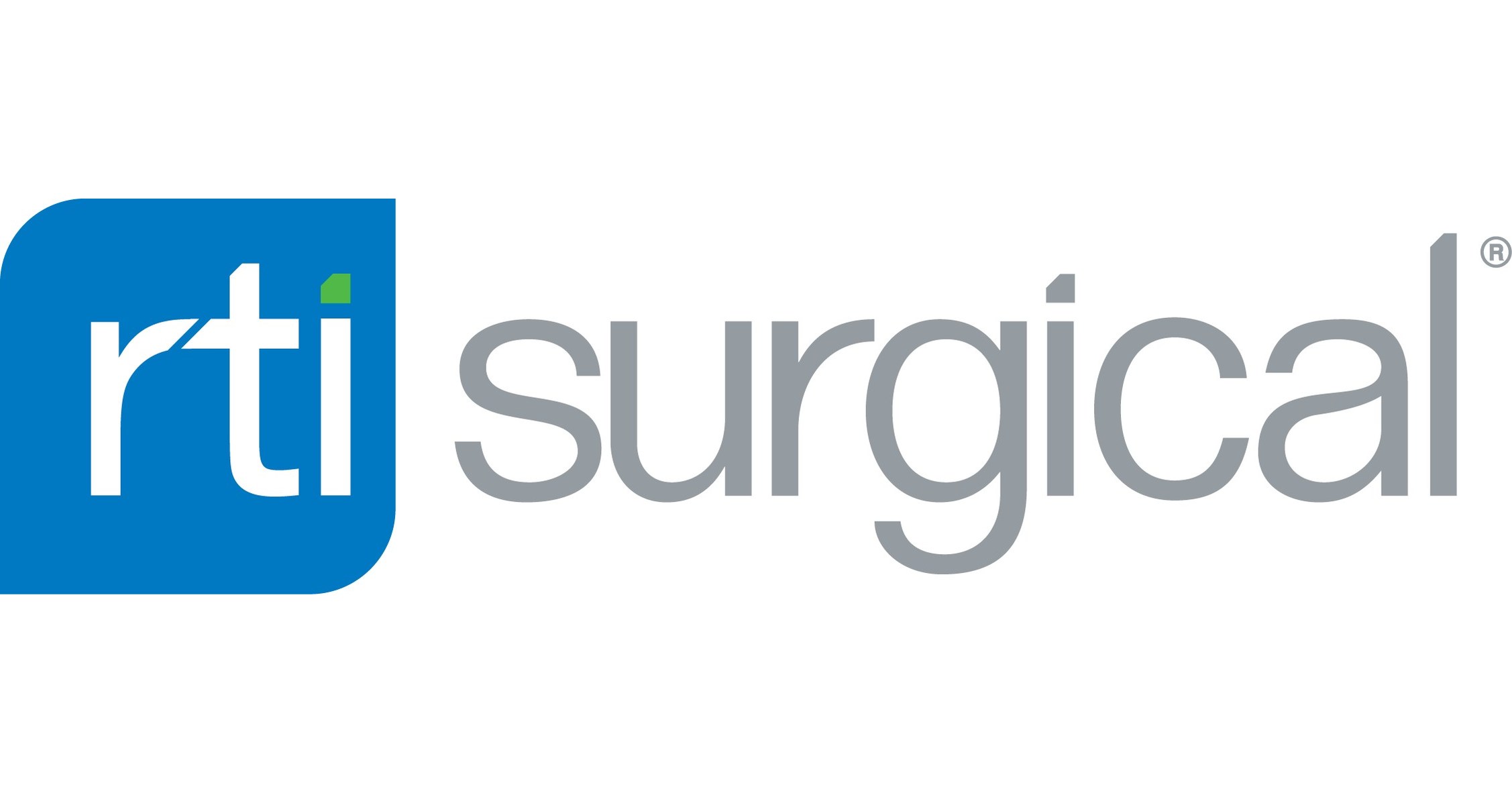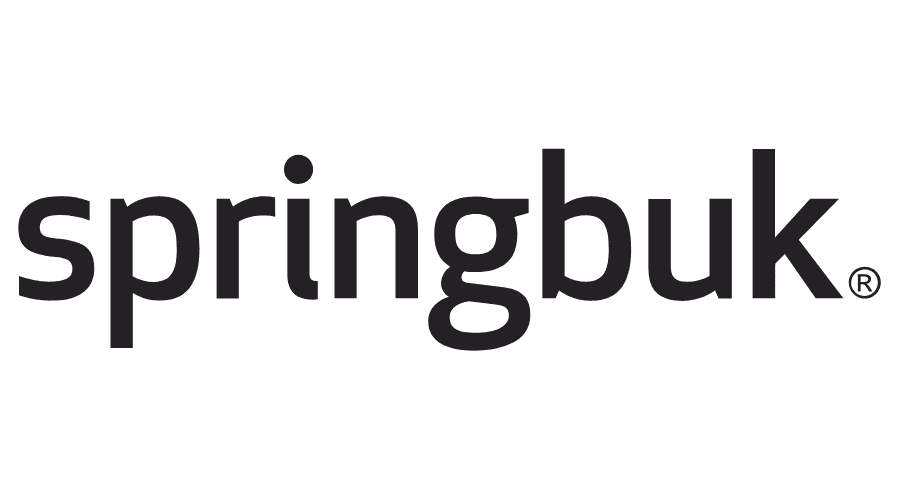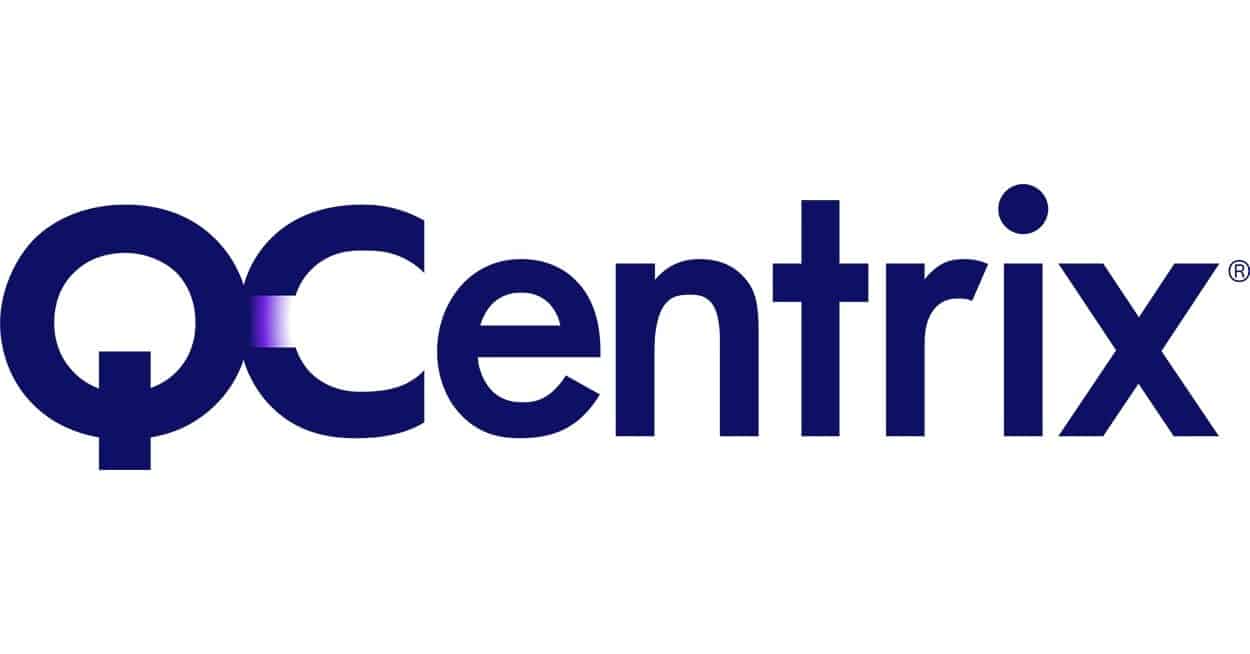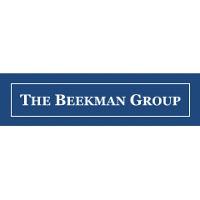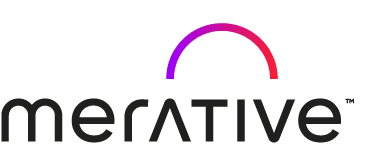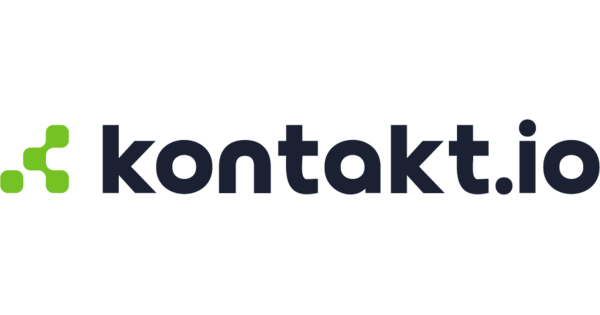Once upon a time, an organization’s Chief Financial Officer operated behind the scenes as a gatekeeper of financial data and reporting. Today’s CFO, however, has emerged as a strategic partner and organizational enabler, helping to drive business strategy, develop financial talent, and navigate the ever-changing healthcare climate.
To get deeper insights into the evolution of the CFO, Chasm Partners hosted a roundtable conversation with a few key players in the space, each with robust experience as financial leaders at leading organizations in the industry. Our panelists included:
The Industry-Wide Funding Slowdown
Over the past few months, specifically following the Silicon Valley Bank (SVB) crisis, we have noticed an industry-wide slowdown in VC and PE funding. Fortunately, none of our panelists have seen meaningful financial impacts within their organizations, however, they could not deny some form of an industry-wide recalibration. Dave Fielding, CFO of Calibrate, shared that his teams have shifted to focus intensely on execution and investing their scarce resources on the highest value initiatives until the market opens back up — hopefully in early 2024.
The waiting game can be uncomfortable though, especially for early-stage companies. Barbara Kandemir, President of Psych Hub, noted that “2023 will continue to be challenging to Founders and VC Investors as they navigate ways to extend their cash runway and avoid down rounds if they are unable to wait out the current environment.”
Fostering Strong Relationships between Finance & Boards
During times of uncertainty, as noted above, it’s critical that internal communication remains consistent and transparent. Any level of misalignment can cause significant rifts within the organization, which is why your teams, specifically your finance team, need to build and maintain strong relationships with board members and internal stakeholders.
Dave pointed out that in this type of market, it’s important for the board and the management team to be on the same page in terms of key operating assumptions and financial performance. “Precise forecasting with clearly stated assumptions is imperative.” Barbara summed it up best by adding, “The key to a successful partnership between leadership and the board is transparency, alignment, and communication.”
Finding & Retaining Financial Talent
When it comes to recruiting, all panelists agreed that alignment to the organization’s mission is critical. “You can balance debits and credits or build a forecast anywhere, but you can only transform healthcare at special, innovative companies,” Dave added.
Brandon Kerns, CFO of CareBridge and Main Street Health, shared that on top of mission alignment and core financial skills, they recruit for “uncommon” skill sets, including scrappiness, entrepreneurship, and creativity. However, recruiting this type of talent is only half the battle — retention can be equally as challenging. Barbara added that giving financial talent a “seat at the table” and exposing the business’ strategy and decisions is key to keeping them engaged. “Maintaining open and transparent communication about organizational goals, challenges, and strategies will garner trust and give financial employees the insight that they need to provide meaningful analysis and recommendations.”
Communication Strategies for Non-Financial Stakeholders
Oftentimes, it’s the responsibility of the CFO to own financial communication company-wide. This type of communication can be challenging since many people within the organization cannot easily digest financial data. Charts, graphs and real-world examples become necessary in an effort to translate complex terms and analytics.
In an effort to combat this, Brandon shared that their financial teams work to enhance the financial acumen of the entire organization, regardless of where someone sits within the company. “We’ve particularly enjoyed doing teach-ins across departments with a focus on key operational levers that a particular department can influence, and then demonstrating through high-level financial views, how they can impact the overall financial picture of our companies.” Brandon continued to share the positive impact these teach-ins have had within their organization. “We’ve had a tremendous response from our coworkers to these teach-ins as it can close the loop on how their job directly impacts the overall financial health of the company.”
The Impact of AI on Financial Decision Making
We’ve seen significant impacts to the talent landscape as a result of the boom of artificial intelligence (AI). All panelists agreed that AI has immense potential to transform financial operations, but not all have leveraged its power in their organizations. Brandon shared that because of AI, they have seen major impacts in their ability to determine appropriate and timely clinical intervention. “Using AI, we risk-stratify our membership based on acuity and near-term health risks, enabling us to proactively get in front of healthcare exacerbations. Furthermore, as the accuracy of these models continues to improve, we are eliminating waste and reducing the overall cost of care. Clinically, we find AI raising the average standard of care at the point of care through better clinical decision support. Most importantly, the patient benefits when we get in front of a medical issue and then come to a clinical decision faster when serving them.”
The Evolution & Future of the CFO
As we’ve learned, the role of the CFO has shifted from financial advisor to strategic partner. The “new” CFO will require a much broader skill set than before as the role continues to be intertwined within other key departments, such as Operations and Human Resources. Here’s how the panelists anticipate the CFO role to develop over the next five years:
Barbara: “The CFO role has emerged from behind the curtain. Where their primary focus was on financial stewardship and reporting, it is now one of strategic advisory that uses data and financial insights to drive decisions that influence the direction of the organization. The DNA of the current CFO requires a much broader skill set that includes a combination of traditional financial skills with “people” skills to ensure a holistic understanding of the economic and human needs of an organization. CFOs will play a larger role in driving overall strategy to identify growth opportunities and drive innovation, be responsible for ESG and DEI programs to demonstrate their company’s commitment to social responsibility, and be required to know how to best leverage data, technology, automation, and AI/machine learning to reduce waste and drive efficiency within their businesses. Risk management will become increasingly complex and require additional attention towards compliance, cyber risk, and data security. Additionally, I believe CFOs will also be responsible for remote work strategies and policies, which have become a normal part of companies’ operating models. To meet the needs of their expanding roles, CFOs will need to be strong leaders who are focused on building high-performing teams that support the goals and needs of the organization.”
Dave: “I’ve seen the CFO role get closer to operations over time, partnering with the COO and others to drive informed decision making and ultimately improve value creation. I think over the next five years, two trends will converge: increasing shifts towards complex value based care business models, and a focus on fundamental financial performance. This convergence will create demand and a huge opportunity for the CFO to have an outsized impact on a healthcare organization, and perhaps we’ll see an increasing number of CFOs step into COO or even CEO roles.”
Brandon: “In the next five years, I believe we will continue to see the role shift towards ‘looking out the windshield’ instead of the ‘rear view mirror’ and spanning more cross functionally throughout an organization. It’s critical for the CFO to be involved in shaping the organization’s strategy on the front end and proactively defining what success will look like. After the strategy has been set, I think we’ll see increased involvement from the CFO in the business development cycle by helping to land the financial value proposition. Lastly, in the role of capital allocator, I believe we’ll continue to see the CFO evolve more clearly into the ‘investor on the inside,’ providing greater leverage to the board and investor base and partnering effectively with the CEO to drive returns for stakeholders.”
Strong CFO Leadership is Needed Now More Than Ever
At the conclusion of our roundtable discussion, one thing was clear: the industry is evolving, and the role of the CFO along with it. As you prepare for 2024, consider whether or not your organization has the necessary human capital to aid in the strategic development of your business and teams. Does your financial leadership have the skills required of the “new” CFO? Furthermore, does your CFO have access to the talent they need to make real change in healthcare?
About Chasm Partners
Chasm Partners is on a mission to transform healthcare through human capital. It is our goal to effect lasting change in healthcare by partnering with the nation’s top investors and innovative companies in healthcare services and technology. We act as an extension of our clients to source, place and develop key Executive and Non-Executive talent in their organizations. We believe that talent is a prerequisite for an organization’s success, and are proud to leverage our network, expertise and technology to our client’s advantage.
If you are interested in learning more about Chasm Partners, please contact us.
OUR CONTRIBUTORS



